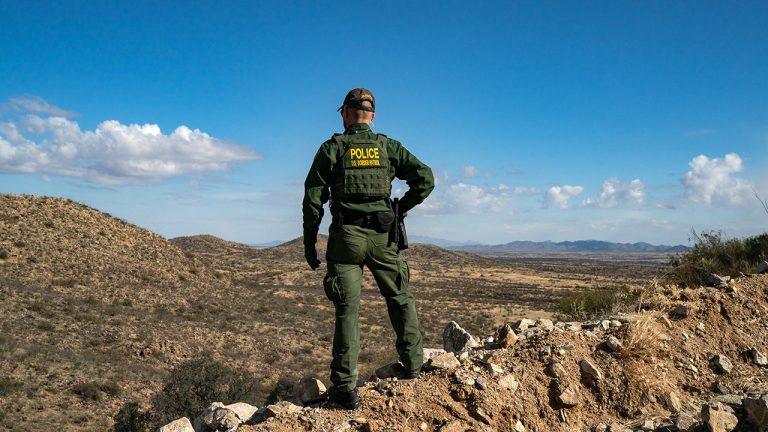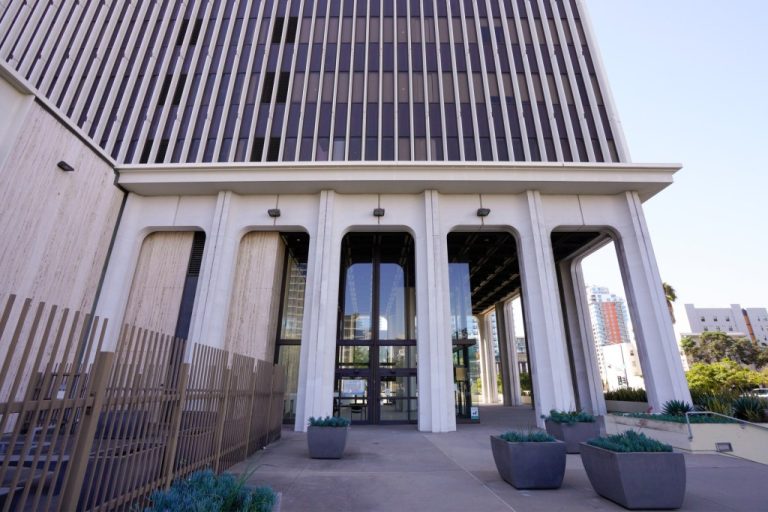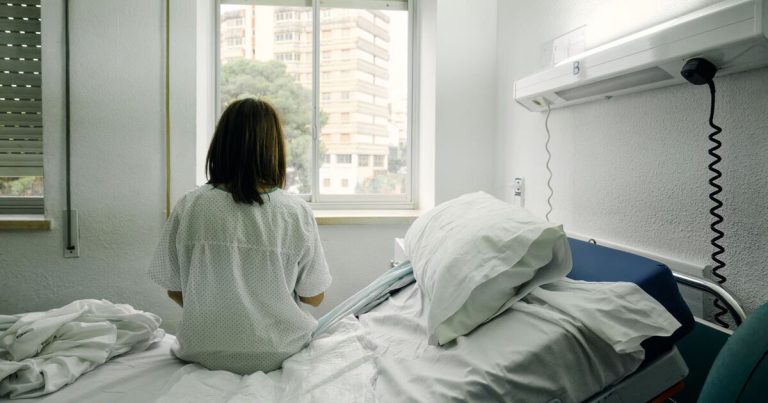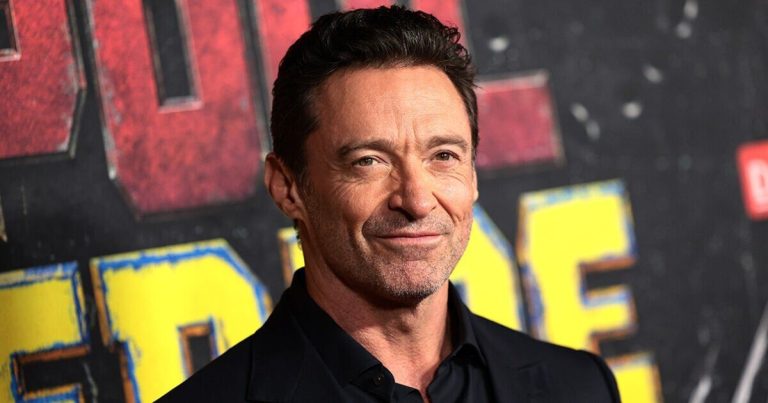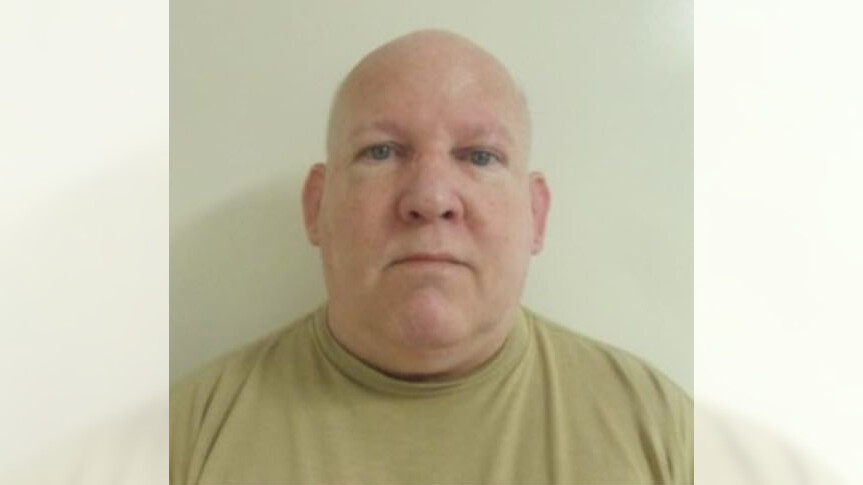

State officials are asking a judge to allow a sexually violent predator convicted of molesting two children in the 1980s to live in a home in the mountain community of Julian.
The proposal calls for placing Gary Snavely in a home at 3452 Wynola Road, less than a mile from state Route 79. Officials are collecting public comment ahead of a March 7 hearing in San Diego Superior Court for a judge to review the request.
In 1987, Snavely was convicted of molesting two girls, ages 8 and 9, and sentenced to three years in prison. In 1996, he was convicted of failing to register as a sex offender and sentenced to 16 months in state prison. He was later determined to meet the criteria of a sexually violent predator and was sent to a state hospital for treatment.
Finding a place for a person deemed a sexually violent predator, or SVP, is a notoriously difficult task given the limited options that fit the criteria and the public pushback in communities where the person may be placed.
It is so difficult that a few months ago, two sexually violent predators who had been cleared for release to the community were allowed to be released as transients in San Diego County with no permanent address, where they were to be monitored and guarded at all times. Both have temporary housing but could be moved to a motorhome if needed.
Sexually violent predators have been convicted of a violent sex crime and diagnosed with a mental condition that makes them likely to re-offend. After serving a prison sentence for their crimes, they are court-ordered to Coalinga State Hospital for treatment. It is a civil commitment, not a criminal one.
At the hospital, they can choose to take part in a treatment program that could lead to eventual conditional release in the community under tight restrictions. If a judge finds them suitable for conditional release, the state has to find housing. Those released remain monitored and supervised.
When they are cleared for release, the California Department of State Hospitals and Liberty Healthcare Inc., which contracts to supervise sexual predators on conditional release, are tasked with finding them a residence away from schools and large populations.
Last year, the California State Auditor released a review of how State Hospitals manages the conditional release of sexually violent offenders, and how Liberty Healthcare handles placement, treatment and monitoring of the offenders. Auditors found that it takes an average of 19 months to find a suitable home for them in San Diego County. The report noted the difficulty in finding housing but did not offer solutions.
The audit also found that the state has spent $93 million to house and monitor the 56 program participants who have been allowed to live in the community — an average of $1.66 million per participant.
Snavely, 61, has been conditionally released into the community twice before. In 2008, then again in 2015, he had been living under supervision in Jacumba when he violated the conditions of his release and was returned to the hospital for inpatient treatment.
He applied for release again in 2022, and a judge subsequently approved it. The hearing regarding Snavely’s placement is set for 9 a.m. March 7 in Department 2002 in front of Judge Jeffrey F. Fraser.
The Sexual Assault Felony Enforcement Task Force is accepting public comment on Snavely’s proposed placement until Feb. 16.
Comments can be sent to sdsafe@sdsheriff.org or called in to (858) 583-7238. Comments can also be mailed to SVP/Release/SAFE Task Force, 9425 Chesapeake Drive, San Diego, CA 92123.


